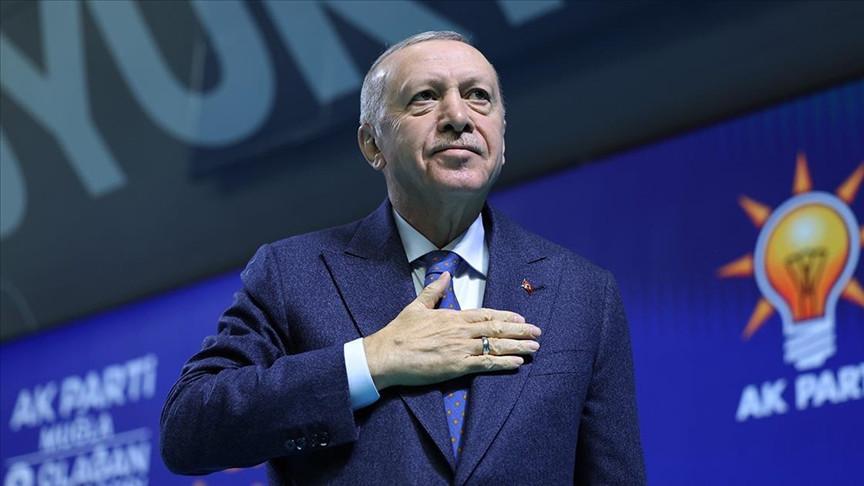European bank supports Gaziantep in cutting emissions by 20 pct by 2023
LONDON/GAZİANTEP
 The European Bank for Reconstruction and Development (EBRD) has said it is supporting the southeastern Turkish city of Gaziantep with an ambitious set of policies to tackle climate change by cutting emissions by 20 percent by 2023 in a written statement .
The European Bank for Reconstruction and Development (EBRD) has said it is supporting the southeastern Turkish city of Gaziantep with an ambitious set of policies to tackle climate change by cutting emissions by 20 percent by 2023 in a written statement .The dramatic improvement to the environment is laid out in a comprehensive action plan launched by Deputy Mayor Latif Kaaradağ and the bank will strengthen the city’s climate resilience over the course of the next seven years.
The plan developed with the EBRD builds on a previous set of climate change policies prepared by the municipality in 2011, according to the statement.
Gaziantep was the first city in Turkey to develop such a document, it added.
Similar plans have previously been drawn up by the world’s largest cities such as London, Paris, New York, Mexico, Sydney and Tokyo.
“The advancements in technology and an increasing population contribute to climate change. To prevent the adverse effects the metropolitan municipality developed a climate change action plan in 2011, and has now reviewed and enhanced the plan with new measures,” said Karadağ.
Home to 1.9 million people, Gaziantep is the sixth most populous city and among the fastest-growing municipalities in Turkey. Population growth, in particular due to the Syrian refugee crisis and domestic migration, has a significant impact on the city’s energy and resource consumption, and greenhouse gas emissions. It also puts a strain on municipal services such as water and wastewater services, heating and transportation, reinforcing the need for greater efficiency.
“The municipality of Gaziantep has been at the forefront of trying to respond to the city’s climate and environmental needs. We welcome the municipality’s commitment to working together with the industrial zones and businesses, other municipal stakeholders, community organizations and development partners to find appropriate ways to implement these activities while also making them sustainable through monitoring and tracking,” said Sung-Ah Kyun, Manager in the Energy Efficiency and Climate Change team at the EBRD.
According to the EBRD-backed plan developed with funds from the European Union, the sectors responsible for the most greenhouse gas emissions are industry, transport, agriculture and housing.
To cut emissions, the city will work with businesses to promote energy efficiency measures as well as the use of renewable energy technologies for electricity generation, heating and cooling.
It will also seek to introduce more environmentally friendly transport solutions, such as expanding the number of compressed natural gas (CNG) buses and phasing out old vehicles, said the bank. Previously the bank has provided a 10 million-euro loan to the Gaziantep municipality for the purchase of CNG buses.
The municipality will create a new department to ensure the successful implementation of the plan. Energy audits will be made compulsory for energy-intensive companies and large residential and commercial buildings. The city will also undertake an awareness-raising campaign, which will create energy efficiency and renewable energy advice centers and develop training programs, according to the statement.
















